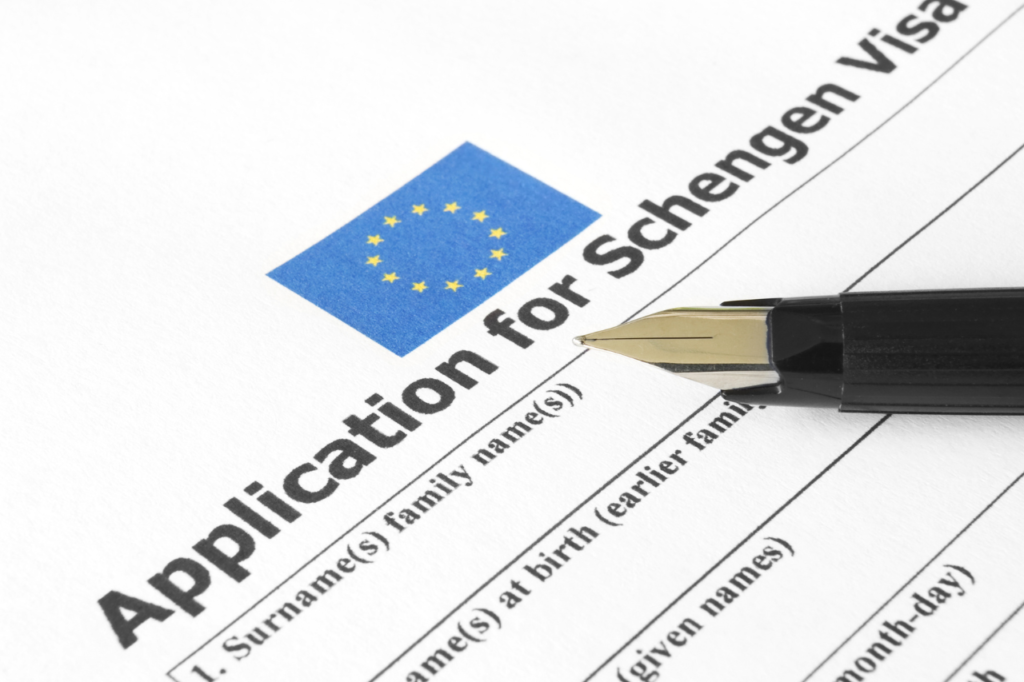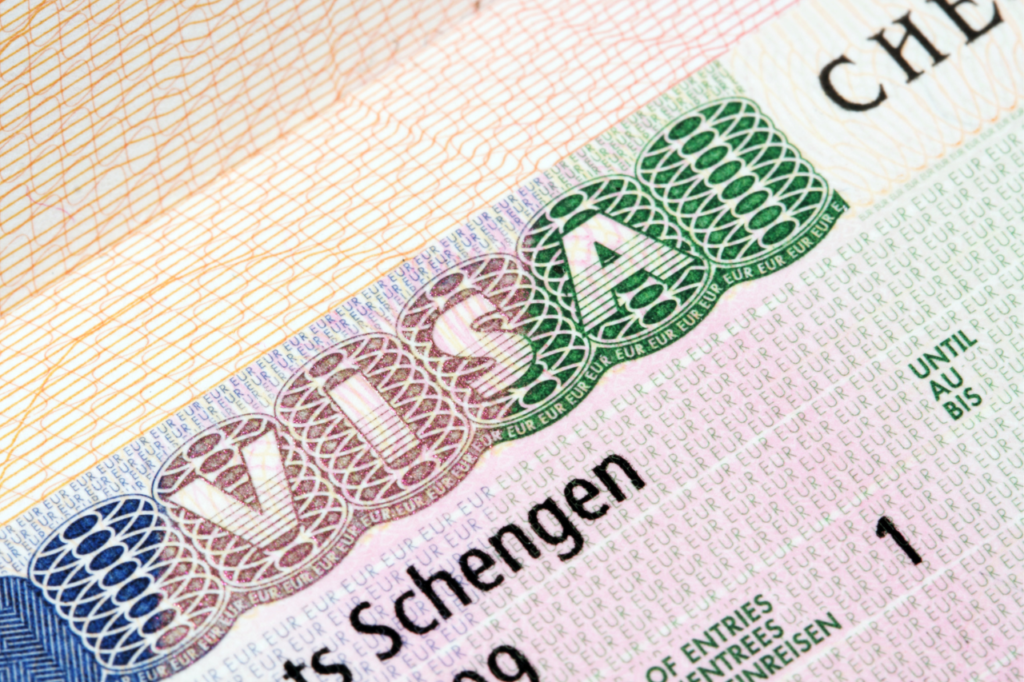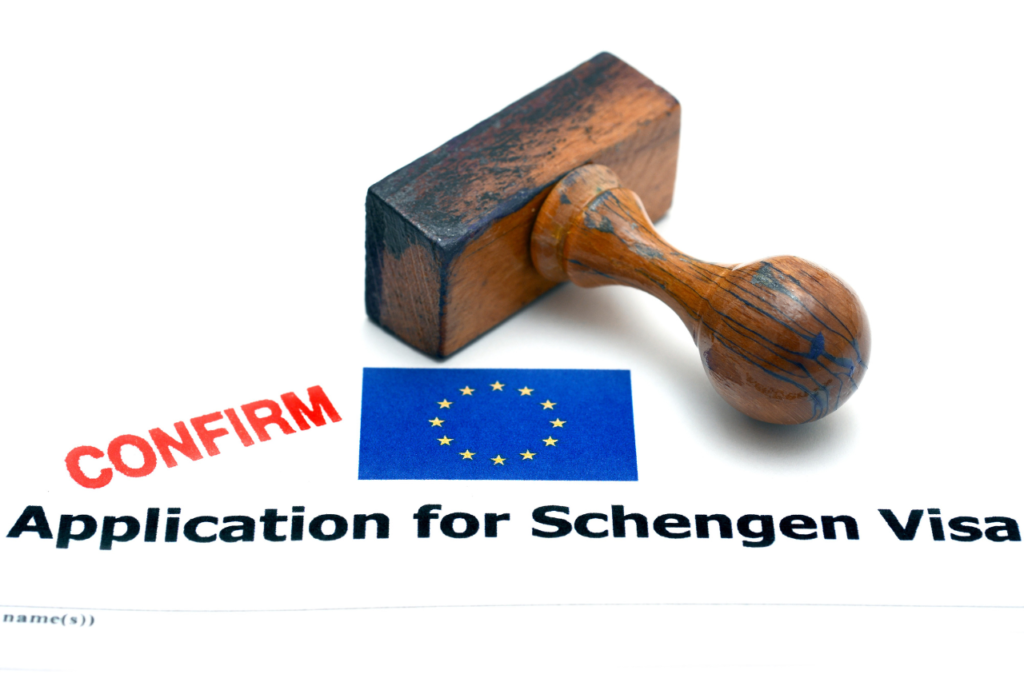The Schengen visa for journalists and reporters is specifically designed for media professionals traveling to the Schengen Area for journalistic purposes. This visa allows journalists to cover events, conduct interviews, and gather information necessary for their work. Below is a detailed overview of the requirements, application process, and necessary documentation.
Explaining Schengen Visa for Journalists
A Schengen visa for journalists and reporters is a special visa issued to work as a media professional in the Schengen Area. It comes in handy whenever one wants to do any of the following:
Cover an International Event Major summits, political gatherings, and cultural festivals:
Among others is commonplace for a journalist to travel to Europe and report on various international events.
Attend Press Conferences:
A press conference is an event that usually characterizes the daily life of a journalist. With the type of visa in question, the Journalist and reporter will hold daily or weekly press briefings in Europe.
Conduct Interviews:
A journalist’s professional responsibility is to interview someone, a business, or an organization. This can be done as long as one has this visa.
Gather Information for Media Outlets:
Your employer may be a newspaper, magazine, television network, or any other well-known media outlet so the visa will allow you to create content and gather information.
Other Journalism-related Purposes:
It is important to remember that if your journalistic entity in Europe is more than 3 months, you should choose a national D visa and not a short-term Schengen visa and the visa is very versatile for media professionals.
Documents: Schengen Visa for Journalists
To get your Schengen visa for journalistic purposes, you must have some documents ready like:
- Complete and sign the Schengen Visa Application Form
- A Valid Passport that will meet some specific criteria like being issued within the last ten years, having at least two blank pages, and having a minimum validity period of three months after you leave the Schengen Area.
- Submit two recent passport-size photographs that follow the Schengen visa photo guidelines.
- Provide documents confirming your accommodation arrangements, such as hotel reservations or other approved forms of lodging.
- Have a Travel Insurance Certificate with a minimum coverage of €30,000 for medical emergencies.
- Show evidence of sufficient financial means to support your stay in the Schengen Area with your recent bank statements spanning three to six months or other financial documentation like a work contract.
- Journalist Documentation
- As a journalist, you’ll need to submit some documents to establish the purpose of your visit:
- Journalist ID card
- Employer order
- Letter from employer confirming that your visit to the Schengen Area is for journalistic work.
- Invitation letter: If applicable, include an invitation letter from a company or organization.
- Provide a certificate issued by a professional body confirming your qualifications as a journalist.
- Prepare a travel itinerary detailing your entry and exit dates, along with other relevant information about your visit to the Schengen Area. You might also need to show proof of a reserved flight ticket back to your home country.
- If an individual or organization is sponsoring your journalistic visit to the Schengen Area, include a sponsorship letter indicating their commitment to covering your travel expenses.
- Visa Fee Payment
- Draft a cover letter explaining the purpose of your visit and your intended activities during your stay.
Where to Apply Schengen Visa for Journalists
Embassy/Consulate:
It is important to know which office represents the country you plan to travel to and in some cases, one embassy or consulate may serve multiple Schengen member countries.
Visa Application Centre:
When embassies or consulates are not available, you can apply for a visa through an approved third-party visa application center and these centers are authorized to process visa applications.
When to Apply
The earliest you can apply is six months before the time you plan to travel but it’s advisable to submit your application at least 15 days before your trip.
Step by Step Application process
- Know Where to Apply and you can usually find this information on the Foreign Ministry website of your destination country.
- Schedule an Appointment, it is important to note that most embassies and consulates do not accept walk-ins, so securing an appointment is necessary,
- gather all the necessary documents for your visa application check if any documents need translation or certification, and complete these steps as needed.
- Pay the Visa Fee: The order in which you pay the visa fee may vary depending on the embassy or consulate’s policies. Some may ask you to pay before submitting your application, while others may ask for payment on the day of your appointment to confirm the specific requirements.
- On the day of your appointment, submit your visa application with the required documents, prepare for a short interview, and then await your visa application’s processing. If approved, you can go to the Schengen Area but if denied you will receive a notification explaining the reasons, and you can choose to reapply or appeal the decision.
Processing Time For Schengen Visa for Journalists
The embassy usually processes Schengen journalist visas within 15 days. However, this period may be extended to 45 days or longer due to the embassy workload, available staff, and the completeness of your application.
Cost For Schengen Visa for Journalists
The fee for a Schengen journalist visa is €80 but you may need to pay additional service fees when applying through a visa center.
Duration For Schengen Visa for Journalists
The validity of your Schengen journalist visa is usually the same as the duration of your journalistic assignment but it cannot be more than 90 days within 180 days because it is a Schengen visa. The exact validity dates will be on your visa stamp.
If you plan to travel frequently to the Schengen Area for journalistic work, you may be eligible for a multiple-entry visa. The duration and terms of such visas are determined at the discretion of the issuing authorities and may range from one to five years.
In conclusion, the Schengen visa for journalists and reporters is your key to unlocking the captivating world of European reporting and if you follow the requirements and application process, you can be well on your way on your journalistic journey with confidence.
How Law and Visas Can Help?
At Law and Visas, our team of expert immigration consultants is here to make your travel for a Schengen Visa for Journalists straightforward and successful. Whether you’re applying for a Schengen Visa for Journalists or a Schengen Visa for Media Professionals, we handle every step—from preparing your application to gathering the required documents.
Our immigration lawyer consultants and Lawyers ensure that your application meets the highest standards, with no details missed. We’ll also keep you informed throughout the process and coordinate with the immigration office or embassy on your behalf.
Law and Visas has a strong record of helping clients secure the visas/permits they need for a Schengen Visa for Journalists. Call us today at +234 812 5505 986 to learn how we can assist you.





